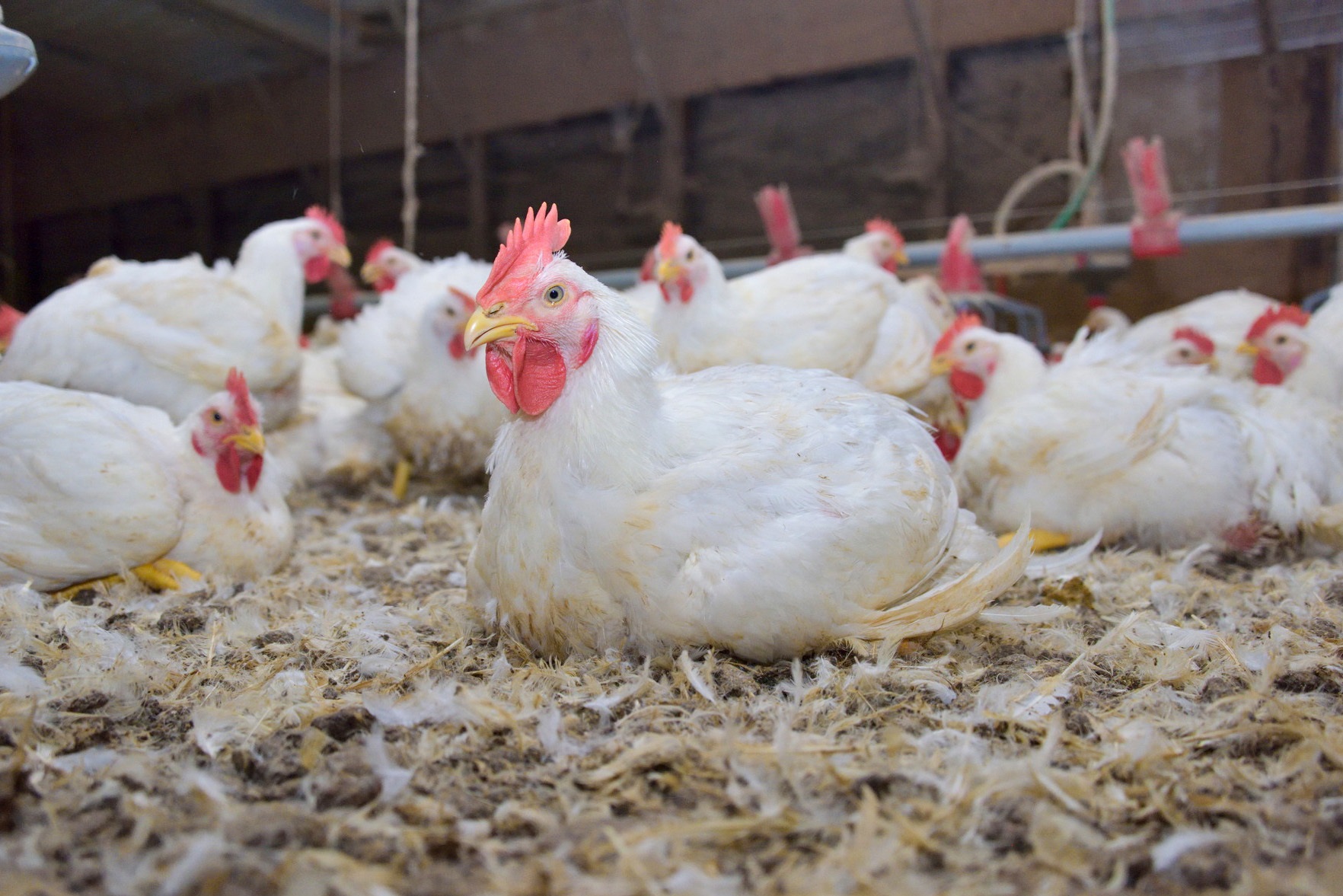Malaysia’s agriculture sector is a vital component in ensuring the safety of its farms and livestock against the threats of pests and diseases. Malaysia is a key player in regional food security due to its rich variety of agricultural practices. These practices can also put the farms of the country at risk, which could have an impact on the agricultural economy and productivity. Recent years, agricultural stakeholders and the government have acknowledged the importance of biosecurity to manage and prevent disease outbreaks.
It is important to maintain a robust biosecurity program for farms. This will protect individual farms as well as the agricultural industry. The consequences of a disease outbreak are devastating. They can lead to economic losses and food shortages as well as potential health threats. The globalization of travel and commerce has led to an increased risk of the introduction of pathogens, which is why biosecurity policies are more stringent. Implementing preventive measures like restricting access to farms, monitoring animal welfare, and adopting proper waste disposal can help farmers minimize the risk and protect their livelihood.
Malaysian Farmers are encouraged adopting a wide range of biosecurity techniques to minimize the risk from infectious diseases and pests. A fundamental part of biosecurity is maintaining good hygiene. Cleaning and disinfecting farm equipment and vehicles, as well as facilities and other farming tools, can reduce pathogens. Controlled access and a “no-contact” policy for wild animals are also important to minimize the spread of new disease to livestock. Quarantine for livestock and farm inputs is another way to prevent accidental introduction of disease agents.
Malaysian governments play a vital role in the promotion and support of farm biosecurity. Department of Veterinary Services, DVS is active in developing biosecurity policies for different agricultural sectors. They are constantly updated in order to keep up with the latest global practices and threats. In addition, workshops and education programs are conducted by the government to educate farmers on the importance of biosecurity. Incentives and financial support are provided to farmers who invest in biosecurity practices and infrastructure.

Even though Malaysia has made efforts to improve farm biosecurity, there remain several obstacles. The lack of funds and the ignorance of some farmers could hinder the adoption of biosecurity measures. In addition, due to the constant changes in infectious diseases and pests, biosecurity protocols must be continually updated and improved. In order to meet these challenges, the collaboration between government officials, agricultural researchers and farmers is vital. For more information please visit here Sunzencorp
Malaysian agriculture is dependent on farm biosecurity to ensure its resilience and sustainability. Biosecurity is a way for farmers to protect themselves and their crops against pests and infectious diseases. This will help them maintain their livelihood and contribute to national food security. Collective efforts by the government, agriculture stakeholders, and individuals farmers will be crucial to creating an effective biosecurity infrastructure that can quickly respond and effectively to potential biosecurity risks. Malaysia’s agriculture industry will thrive with continued education and support.
